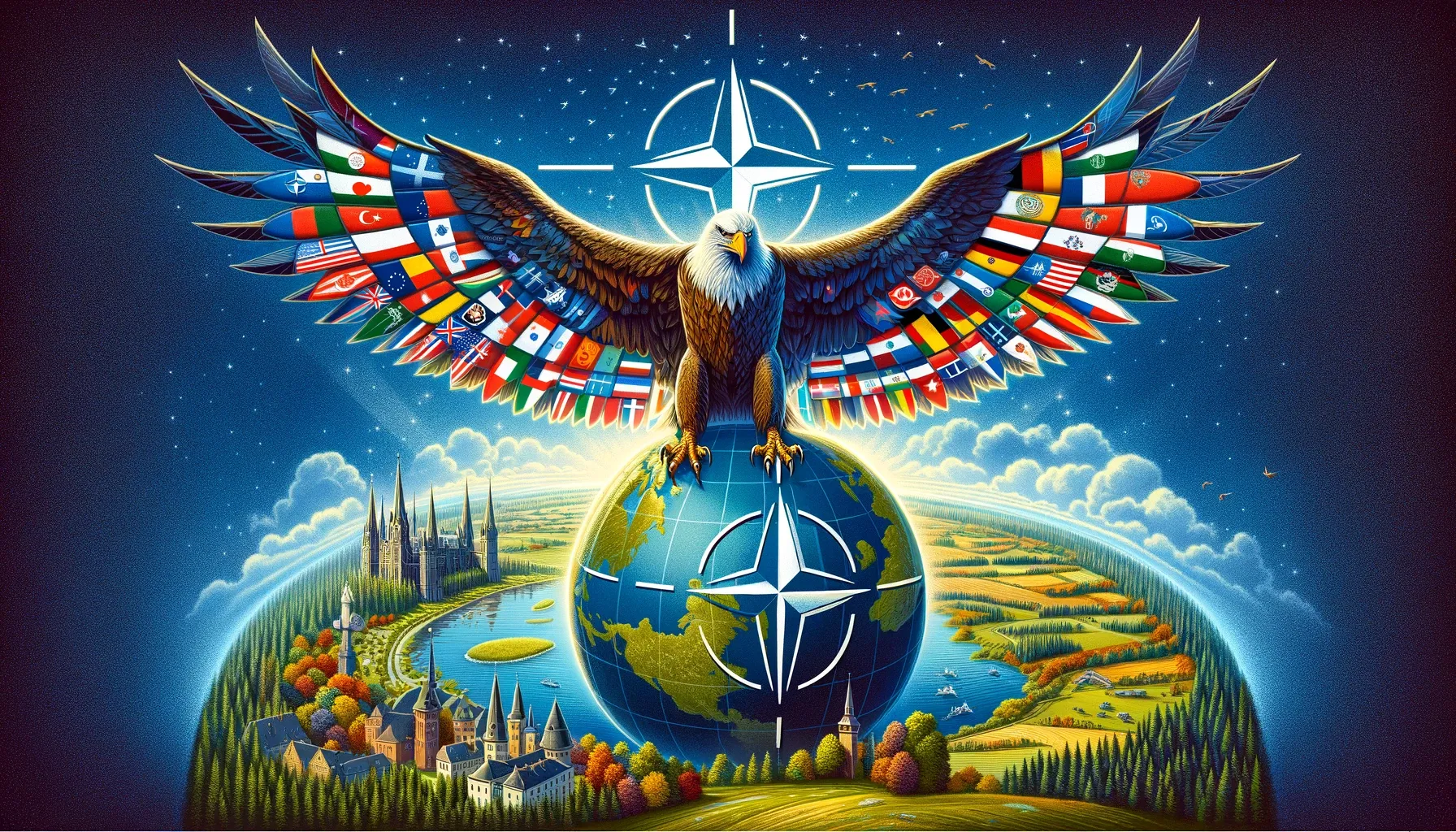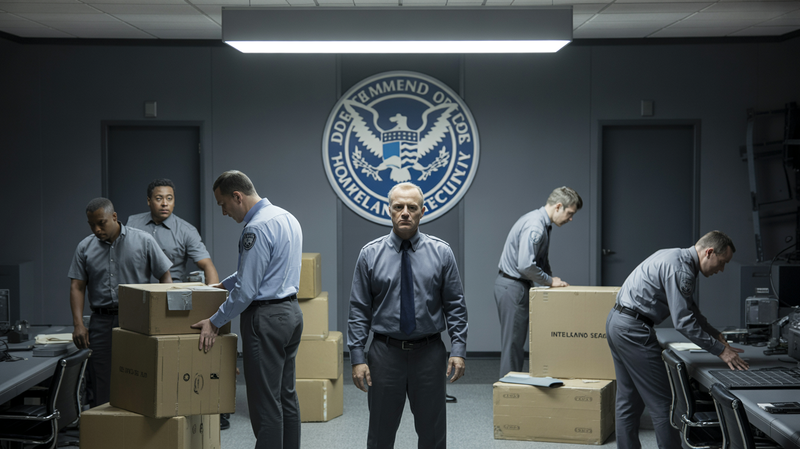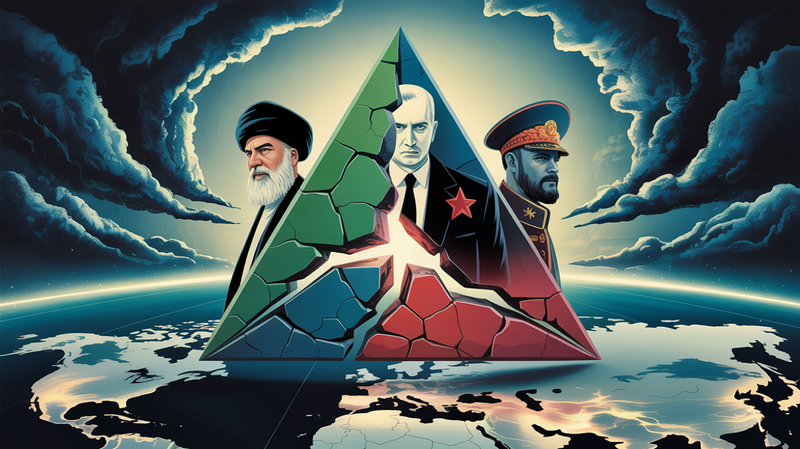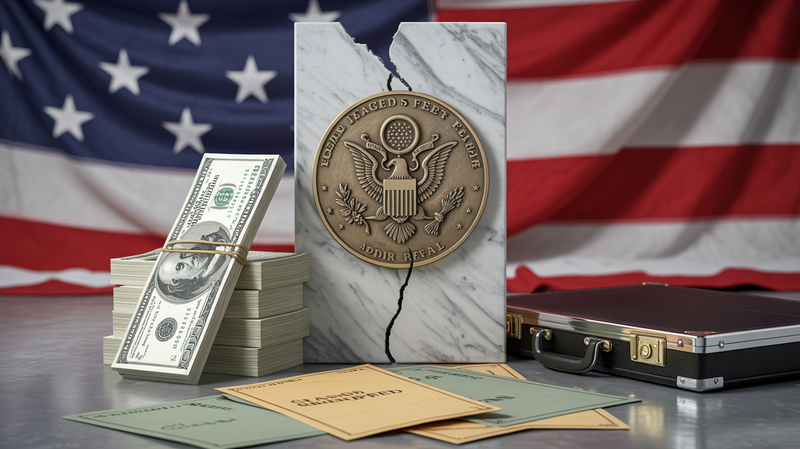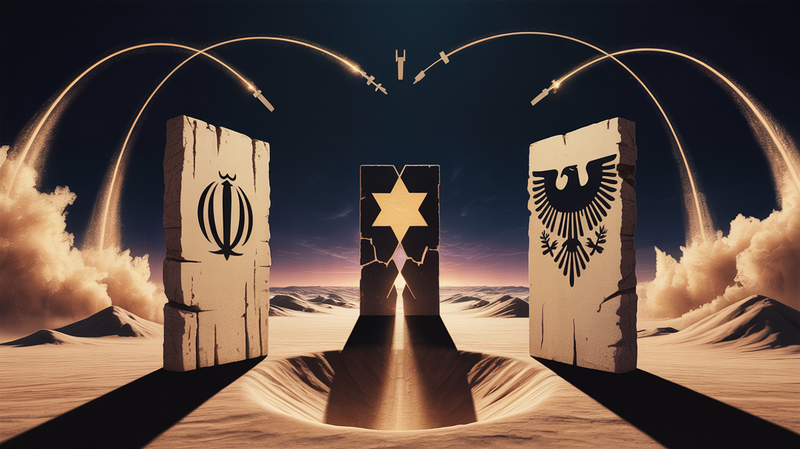Unity in Strength: NATO's Stance and Future Amidst Ukraine's Ongoing Struggle
In the frosty ambiance of the Munich Security Conference on February 17, 2024, NATO Secretary General Jens Stoltenberg presented a compelling overview of the alliance's current posture and its vision for the future, particularly in relation to Ukraine and the broader transatlantic security landscape. His words, a mix
In the frosty ambiance of the Munich Security Conference on February 17, 2024, NATO Secretary General Jens Stoltenberg presented a compelling overview of the alliance's current posture and its vision for the future, particularly in relation to Ukraine and the broader transatlantic security landscape. His words, a mix of resolve and cautious optimism, paint a vivid picture of an alliance at a crossroads, yet unwavering in its commitment to peace and collective defense.
Stoltenberg's remarks come at a time when the specter of conflict looms large over Europe. With Russia's aggressive maneuvers on Ukraine's borders, the question of NATO's readiness and response has never been more pertinent. "We can never take peace for granted," Stoltenberg stated, underscoring the alliance's primary role as a deterrent force, designed to prevent war and protect its members through a clear demonstration of unity and strength.
A significant portion of his address was dedicated to the issue of defense spending among NATO allies. Since Russia's annexation of Crimea in 2014, there's been a noticeable shift in NATO's expenditure strategy. From a mere trio of nations meeting the 2% GDP defense spending guideline in 2014, the number has swelled to 18 in 2024, marking a substantial increase in investment. This surge in spending has not only enhanced NATO's military capabilities but also showcased the allies' dedication to shouldering the collective defense burden.
The war in Ukraine, according to Stoltenberg, has laid bare several critical challenges, particularly in terms of sustainment and logistical support. The initial depletion of ammunition stocks and the pressing need to ramp up production underscore a broader issue of readiness in the face of prolonged conflict. The Secretary General's comments reflect a pragmatic acknowledgment of these gaps and a firm resolve to address them through increased production and strategic planning.
Stoltenberg also touched upon the complex web of international relations, notably the implications of a resurgent Russia and a closely watching China. The unity and resolve demonstrated by NATO, he argues, are not just about protecting Ukraine or deterring Russia; they're about sending a clear message to autocratic regimes worldwide that aggression will not pay off. The stakes are high, and the lessons learned from Ukraine's struggle will undoubtedly shape NATO's approach to collective defense and security cooperation for years to come.
Moreover, the discourse around NATO's nuclear deterrence strategy and the push for standardization in military hardware reveal an alliance that is introspective, learning from its experiences, and adapting to the demands of modern warfare. Stoltenberg's dismissal of a European nuclear deterrent in favor of NATO's established capabilities underscores a preference for unity over fragmentation, a stance that resonates deeply in an era of global uncertainty.
As the Munich Security Conference wrapped up, the message from NATO's Secretary General was clear: the alliance stands ready, not just to defend its own, but to uphold the principles of sovereignty and democratic freedom. In a world bristling with challenges and threats, NATO's commitment to "winning" for the sake of Ukraine and transatlantic security is a testament to the enduring power of collective defense.
In essence, Jens Stoltenberg's address at the Munich Security Conference was not just a reaffirmation of NATO's strategic priorities but a clarion call for unity, resilience, and forward-looking defense strategies. As the alliance navigates the complexities of contemporary geopolitical dynamics, its actions today will undoubtedly lay the groundwork for a more secure and peaceful tomorrow.
